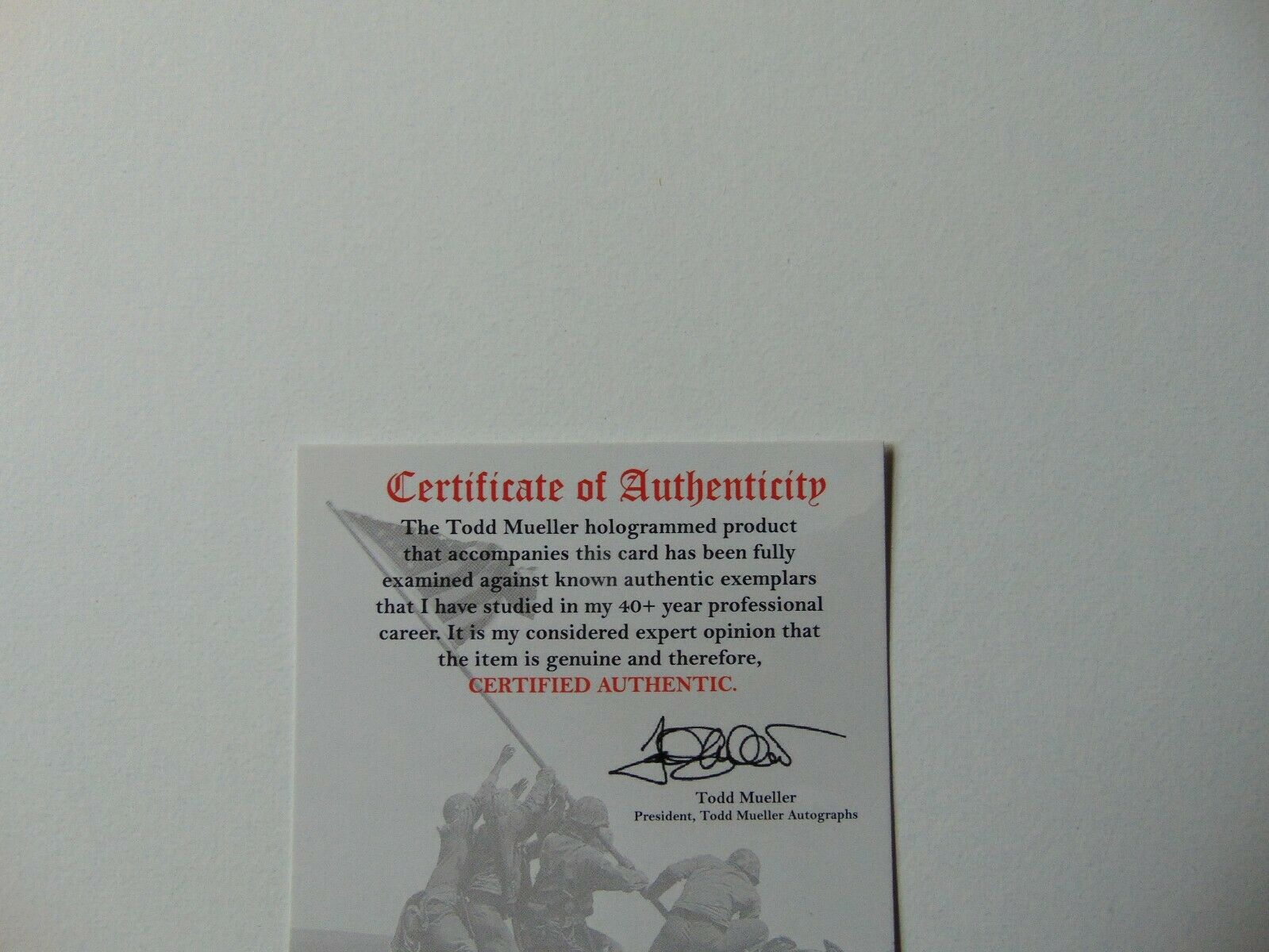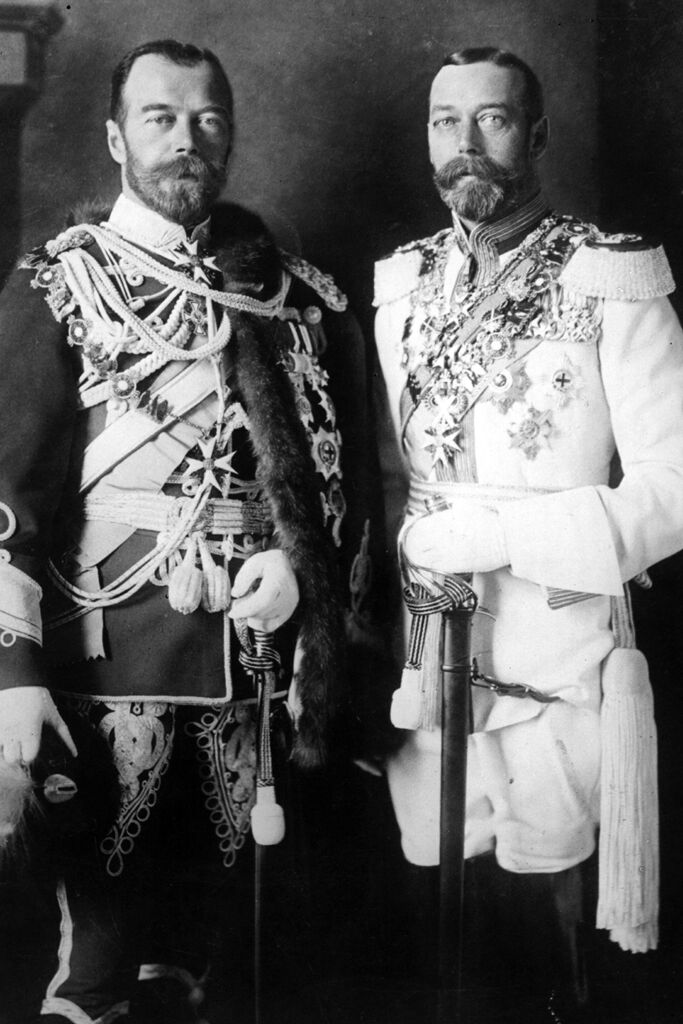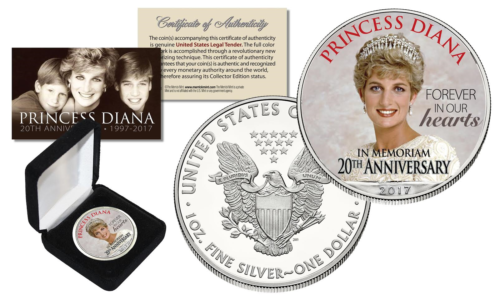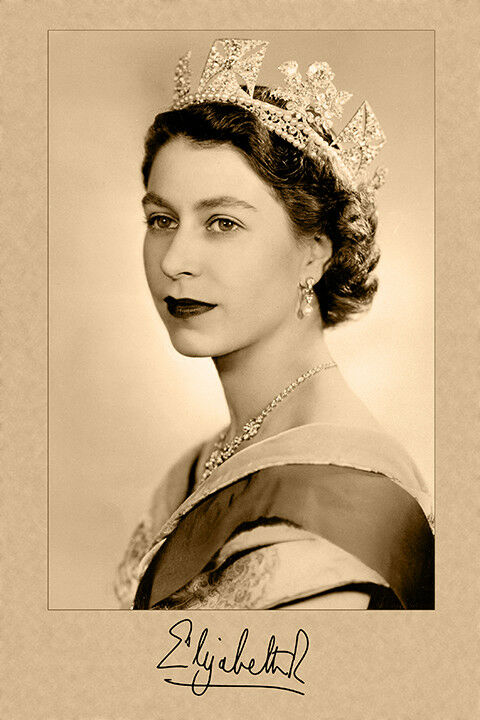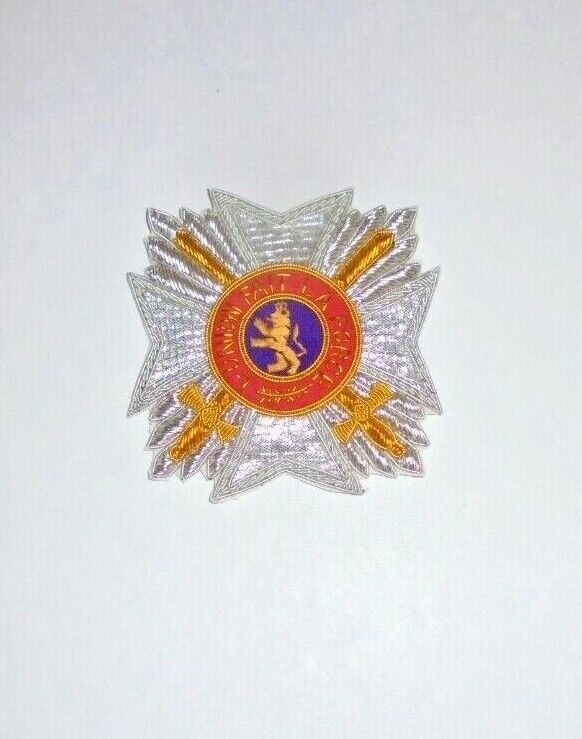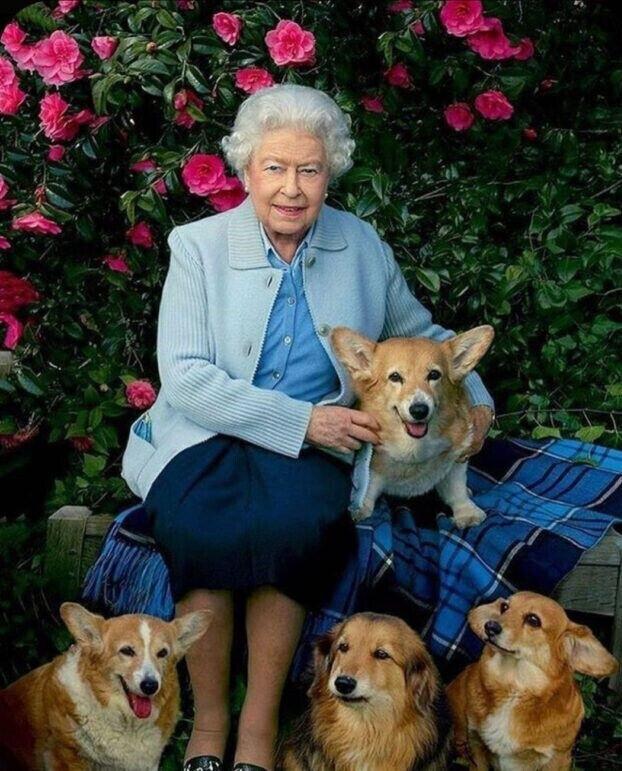-40%
"1st Baron Gladwyn" Gladwyn Jebb Hand Signed TLS Dated 1990 Todd Mueller COA
$ 369.59
- Description
- Size Guide
Description
Up for auction"1st Baron Gladwyn" Gladwyn Jebb Hand Signed TLS Dated 1990.
This item is certified authentic by Todd Mueller Autographs and comes with their Certificate of Authenticity.
ES-5142E
Hubert Miles Gladwyn Jebb, 1st Baron Gladwyn
GCMG
GCVO
CB
PC
(25 April 1900 – 24 October 1996), was a prominent
British
civil servant
,
diplomat
and
politician
as well as the
Acting Secretary-General
of the
United Nations
for a little over three months. The son of Sydney Jebb, of Firbeck Hall,
Yorkshire
, Jebb was educated at
Eton College
, then
Magdalen College, Oxford
, gaining a
First
in History. In 1929 he married Cynthia Noble, daughter of Sir Saxton Noble, 3rd Baronet. Noble was granddaughter of
Sir Andrew Noble, 1st Baronet
and the great-grand daughter of
Isambard Kingdom Brunel
. The couple had three children, one son and two daughters: Miles, Vanessa, married to the
historian
Hugh Thomas
, and Stella, married to the
scientist
Joel de Rosnay
. Jebb's granddaughter is the international best selling author
Tatiana de Rosnay
. Jebb entered the
British Diplomatic Service
in 1924, served in
Tehran
, where he became known to
Harold Nicolson
and to
Vita Sackville-West
. He later served in
Rome
, as well as at the
Foreign Office
in
London
where he served in such positions as Private Secretary to the Head of the Diplomatic Service. After
World War II
, Jebb served as Executive Secretary of the Preparatory Commission of the United Nations in August 1945, being appointed Acting United Nations Secretary-General from October 1945 to February 1946, until the appointment of the first Secretary-General
Trygve Lie
. Jebb remains the only UN Secretary-General or Acting Secretary-General to come from a permanent member state of the
United Nations Security Council
. Returning to London, Jebb served as Deputy to the
Foreign Secretary
Ernest Bevin
at the Conference of Foreign Ministers before serving as the
Foreign Office
's United Nations Adviser (1946–1947). He represented the United Kingdom at the
Brussels Treaty
Permanent Commission with personal rank of ambassador. Jebb became the
United Kingdom
's Ambassador to the United Nations from 1950 to 1954 and to
Paris
from 1954 to 1960. He was the UK's first permanent UN representative. In the latter role, he was angered that secret negotiations between the British,
French
and
Israelis
in advance of the
Suez invasion
in 1956
took place at Sèvres
without his knowledge and, in certain respects, that he was sidelined by Prime Minister
Harold Macmillan
at the Paris "big power" summit in 1960.
Jebb's rather "grand" manner caused Foreign Secretary
Selwyn Lloyd
to coin an
epigram
: "You're a
deb
, Sir Gladwyn Jebb". Jebb was
knighted
in 1949. On 12 April 1960 Jebb was created a hereditary
peer
and as
Baron Gladwyn
, of
Bramfield
in the
County of Suffolk
.
London Gazette
He became involved in
politics
as a member of the
Liberal Party
. He was Deputy Leader of the Liberals in the
House of Lords
from 1965 to 1988 and spokesman on foreign affairs and defence. An ardent European, he served as a
Member of the European Parliament
from 1973 to 1976, where he was also the Vice-President of the Parliament's Political Committee. Jebb unsuccessfully contested the
Suffolk
seat in the
European Parliament
in
1979
. When asked in the early 1960s why he had joined the Liberal Party, he replied that the Liberals were a party without a
general
and that he was a general without a party. Like many Liberals, he passionately believed that education was the key to
social reform
.



